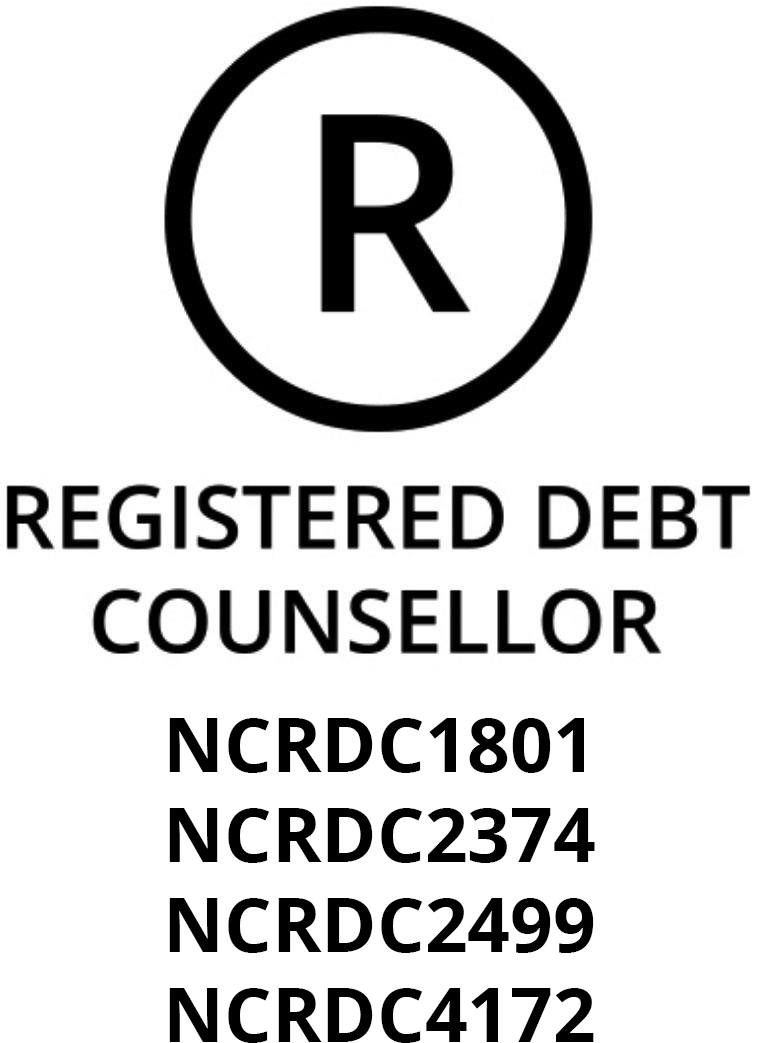This quarter, we've found that inflation and interest rates are heavily affecting consumer finances. The average loan size has increase by 78% since 2016 and 95% of consumers who applied for debt counselling during the second quarter of 2023 had a personal loan.
Gain access to more insights below:
Download the full Q2 2023 Debt Index here.
Based on the results from the report, DebtBusters said this to the public:
More South Africans turn to personal loans as financial lifelines
- Q2 2023 Debt Index finds debt-to-income ratios for top earners at all-time highs
- Huge increase in younger consumers using online tools to proactively manage debt
Personal loans have become a lifeline for many more South Africans over the past seven years and debt-to-income ratios for top-income earners are at all-time highs.
These were some of the findings from DebtBusters’ Q2 2023 Debt Index, a quarterly review of data drawn from debt-counselling applications.
Benay Sager, head of DebtBusters, says while the SA Reserve Bank did not increase interest rates in July following a better-than-expected inflation forecast, there have been 10 successive interest-rate increases since November 2021.
“The collective impact of rising inflation and interest rates on consumer finances is very evident in the Q2 2023 data. Average loan size has increased by 78% since 2016 and 95% of consumers who applied for debt counselling during the second quarter of 2023 had a personal loan. Unsecured debt was on average 26% higher than in 2016 and 39% up for those taking home R20 000 or more a month. It is abundantly clear that consumers are using unsecured credit to supplement their income.”
He explains that despite high interest rates, inflation is the reason people are borrowing to make ends meet. Although nominal incomes are 1% higher than in 2016, cumulative inflation growth of 39% over the past seven years means that in real terms people’s spending power has diminished by 38%.
“To understand the pressures consumers are facing, consider what has happened to just the prices of petrol and electricity since 2016. The petrol price has almost doubled and the cost of electricity has gone up by 90%.”
A consequence of people borrowing more to make it through the month is that they are spending more of their income to service debt — on average 66%. Those who are taking home more than R20 000 per month have a debt-to-income ratio of 150% while the ratio for those taking home R35 000 or more is 189%. These ratios are the highest they have been since DebtBusters began analysing debt-counselling applicants’ data in 2016.
Need debt counselling or consolidation?
Explore DebtBusters' solutions for reducing your interest rates and unlocking cash.
Find out moreSager says that given these alarming ratios it’s no wonder that consumers are feeling more financially stressed. DebtBusters’ annual Money Stress Tracker, one of the largest surveys about how financial stress affects other aspects of South African’s lives, found respondents who said they were stressed about money had increased from 70% in 2022 to 78% this year. Of these 94% said financial stress was affecting their home lives, 78% their work life and 77% believed it was affecting their health.
“Debt counselling is an effective way to help financially stressed consumers. Unsecured interest rates can be reduced by 90% from an average of 24.8% to ~1.9%, allowing people to pay back expensive debt faster. It can also provide peace-of-mind about assets being repossessed. Successive interest-rate hikes have increased the burden on people servicing asset-linked debt, with the average interest rate on a bond rising from 8.3% in Q4 2020 to 12.2% in Q2 2023. During Q2 2023 there has been an increase in consumers seeking assistance to restructure asset-linked debt so assets are legally protected and cannot be repossessed.”
The number of consumers successfully completing debt counselling has increased more than seven-fold since 2016. In Q2 2023 alone consumers who received their clearance certificates paid back over R450 million worth of debt to creditors.
Sager says other good news is the considerable increase in consumers, particularly younger consumers, taking advantage of online tools to manage debt more proactively. DebtBusters has seen registrations on its website (www.debtbusters.co.za) for tools such as its Debt Radar double over the past year.
Notes to editors
DebtBusters’ quarterly Debt Index is compiled from data provided by clients who have applied for debt counselling.
DebtBusters is South Africa’s leading and largest debt-management company. It holds the 2022 Debt Review industry award for the best debt-counselling company in the National category — an award it has won seven times in 10 years.

Benay Sager,
Head of DebtBusters





